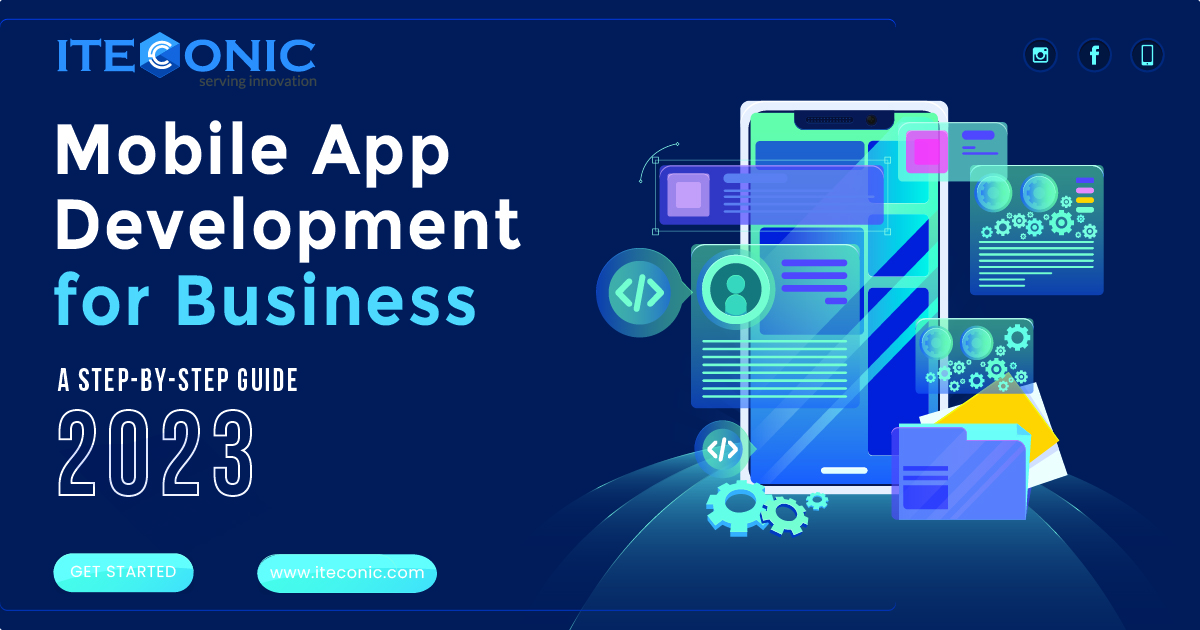Top Mobile App Development Trends in 2023-24
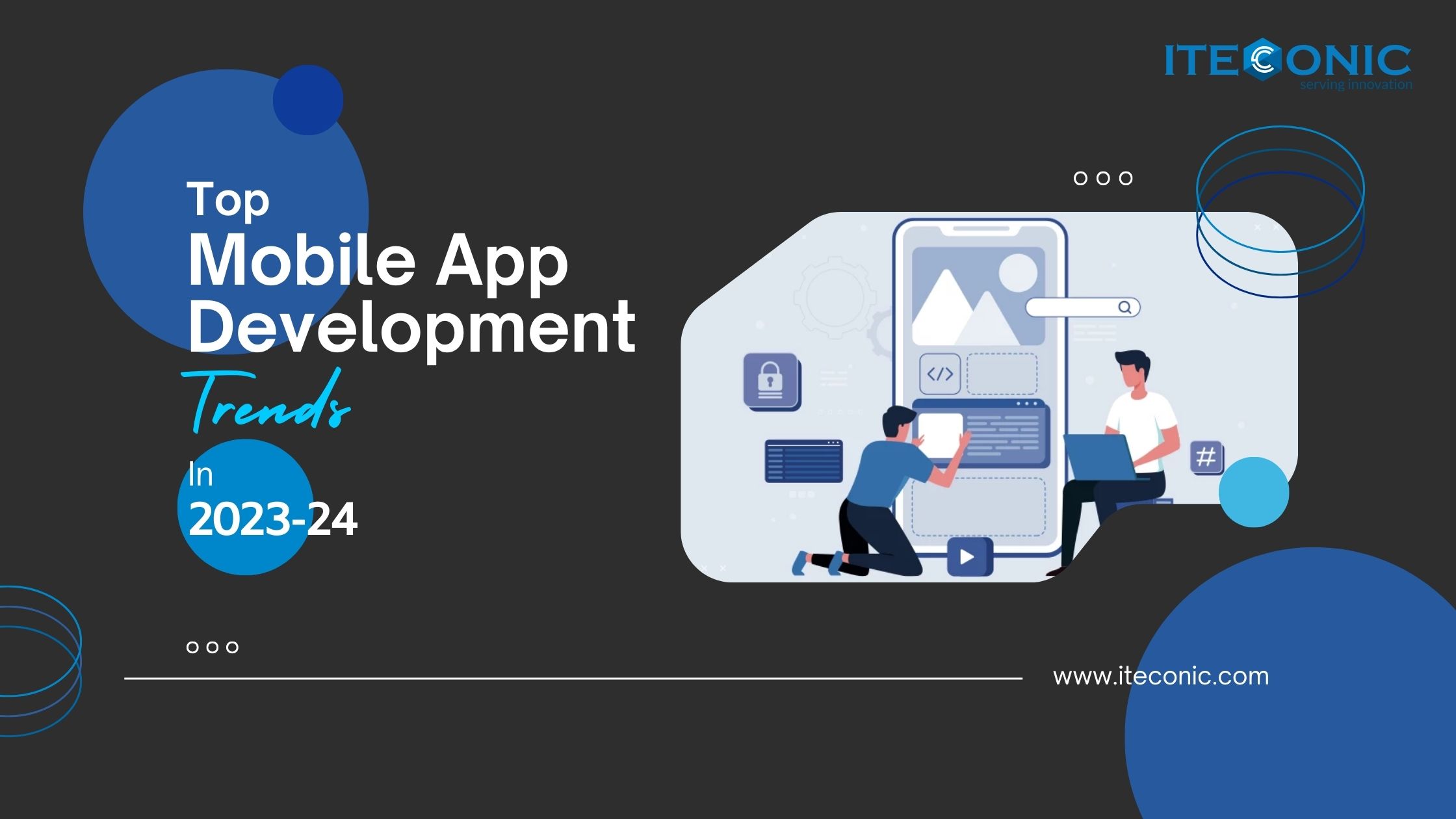
Mobile app development is evolving rapidly, with trends shaping the industry's landscape. From enhanced user experiences through Augmented Reality (AR) and Virtual Reality (VR) integration, to the rise of 5G technology enabling faster connections and seamless data transfer, innovation is paramount. Out of all Progressive Web Apps (PWAs) are gaining momentum due to their cross-platform compatibility and offline capabilities. While, if we consider the most trendy development of 2023 then AI-driven apps and cloud-based mobile applications offer personalized experiences for secure and streamlined operations.
Meanwhile, the most common concern for everyone nowadays is privacy and security, hence, the adoption of stricter data protection measures is necessary, and for that Internet of Things (IoT) would be an ideal option. As mobile devices continue to transform daily life, staying attuned to these trends is essential for developers and businesses alike. That’s why in this blog, we curate a few top Mobile App Development trends that will help you to meet the needs of the end-users.
Trending Now - Laravel vs Native PHP App Development
Statistics Symbolizes the Growth of the Mobile App Industry
We all have been witnessing the rapid growth of the mobile app industry in recent years, as end-users rely upon streamlined mobile apps to fulfill their daily tasks. To illustrate the industry growth, let’s look at some key proven data.
-
Agreeing with this, in 2020, global mobile app revenue reached approximately $693 billion, with a projected compound annual growth rate (CAGR) of about 11% from 2021 to 2026.
-
With over 218 billion app downloads worldwide in 2020, this number is expected to rise further, driven by increased smartphone adoption.
-
The dominant players, Apple App Store and Google Play Store, host over 2.2 million and 3 million apps, respectively.
-
Consumer spending on apps surged, reaching $143 billion in 2020, reflecting a shift in digital consumption habits.
-
Gaming, social networking, entertainment, and productivity apps remain the top categories.
-
Emerging markets like Asia-Pacific and Latin America are pivotal contributors due to expanding smartphone penetration.
-
The rise of cross-platform development tools like React Native and Flutter is optimizing app creation. Augmented Reality (AR) and Virtual Reality (VR) applications are gaining traction across sectors.
The above stats show the surging impact of mobile apps on new business opportunities. However, costs for app development vary significantly based on complexity and features, plus the expertise of your chosen Mobile app development company.
Latest Mobile App Development Trends Consider in 2023
As we already discussed, the mobile application development industry continuously evolves, hence, staying attuned to all the above statistics is vital for developers and businesses aiming to navigate this thriving landscape. Meanwhile, the latest mobile app development trends revolve around AI-driven experiences, 5G optimization, edge computing for faster processing, extended reality (AR/VR) integration, and privacy-focused enhancements in response to stricter data regulations. Below-neath we are going to mention a few of the most-apt application development trends that you should focus on from now onwards.
Drop-down is a complete list.
The Rise of 5G
The rise of 5G technology has sparked a paradigm shift in mobile app development. With remarkable data speed enhancements and minimal latency, 5G paves the way for unprecedented experiences. Mobile apps can now seamlessly integrate high-definition video streaming, augmented reality (AR), and virtual reality (VR) interactions, transforming industries like gaming, healthcare, and remote collaboration. Real-time data exchange, empowered by 5G, enhances user engagement and opens avenues for IoT integration. Developers are now capitalizing on this innovation to create cutting-edge apps that exploit the potential of faster, more reliable connections, enabling a new era of immersive, data-intensive, and responsive mobile experiences.
Cross-Platform Mobile App Development
Cross-platform application development creates apps that function on multiple operating systems, like iOS and Android, using shared codebases. Frameworks like React Native and Flutter enable efficient cross-platform development by offering a single codebase for different platforms. Developers can maintain consistency in design, features, and functionality while reaching a wider user base. Although some platform-specific features may require additional customization, cross-platform development remains a strategic choice for businesses aiming to expand their app's reach efficiently while maintaining a unified user experience across various devices.
Determined by the positives of hybrid apps, if you too want to build a futuristic application that works well with multiple platforms, consult with a cross-platform mobile app development company like ITEconic for faster results.
Compatible Applications For Foldable Devices
Applications compatible with foldable devices leverage their unique form factors for enhanced user experiences. These apps seamlessly adapt to changing screen sizes, optimizing content continuity and multitasking. Productivity tools like email clients and note-taking apps split screens for efficient multitasking. E-book readers provide a book-like experience on larger unfolded screens, while gaming apps provide immersive gameplay across unfolded screens. As foldable devices gain traction, app developers are embracing these possibilities to deliver versatile, intuitive, and engaging experiences that leverage the devices' flexible displays.
Internet of Things App Integration
Internet of Things (IoT) app integration merges smart devices with mobile apps, enabling remote control, data monitoring, and automation. From thermostats to wearable devices, IoT-connected apps empower users to manage and gather information, enhancing convenience and efficiency. IoT integration offers real-time insights, like home security alerts or health metrics, accessible through mobile interfaces. This synergy transforms user interactions, making daily tasks smarter, more streamlined, and responsive to changing data inputs, ultimately enhancing overall lifestyle experiences.
Also Read – Mobile Application Development Cost in 2023-24
Augmented Reality and Virtual Reality
Augmented Reality (AR) and Virtual Reality (VR) are reshaping the mobile app development industry by creating immersive experiences. AR enhances the real world with digital overlays, used in navigation apps or interactive marketing. Virtual Reality (VR) creates entirely virtual environments, ideal for gaming and virtual tours. These technologies enrich user engagement, revolutionizing industries like education, healthcare, and real estate. You will be glad to know that mobile apps now leverage AR for interactive product visualization, while VR offers virtual training simulations. As AR and VR hardware becomes more accessible, mobile application development companies are embracing these tools to craft innovative, captivating, and transformative app experiences that redefine how users interact with both digital and physical worlds.
Artificial Intelligence and Machine Learning
Artificial Intelligence (AI) and Machine Learning (ML) are revolutionizing mobile app development trends by infusing smart capabilities. AI-driven apps personalize user experiences through predictive suggestions and adaptive interfaces. ML algorithms enhance image and speech recognition, enabling robust features like facial unlocking and voice assistants. Chatbots powered by AI streamline customer support. These technologies optimize app performance, automate tasks, and analyze user behaviors, ultimately creating more intuitive, efficient, and user-centric mobile applications that evolve and improve over time.
Chatbots
Chatbots are essential in the development of mobile apps due to their transformative impact on user engagement and customer support. They provide instant, 24/7 interactions, answering queries and offering assistance in real time. Chatbots enhance user experiences by guiding users through app functionalities, simplifying complex processes, and personalizing recommendations. In customer service, they reduce response times, addressing concerns promptly. Additionally, chatbots gather valuable user data, aiding in refining app features and marketing strategies. By seamlessly integrating into mobile apps, chatbots enhance user satisfaction, retention, and operational efficiency, making them a vital tool for modern app development.
Cloud-Based Mobile Applications
Cloud-based mobile applications utilize remote servers to store and process data, offering numerous advantages. They enable seamless synchronization of content across devices, optimizing user experiences. These apps require less storage space on devices and can be accessed from anywhere with an internet connection. Cloud infrastructure ensures scalability, allowing apps to handle varying user loads. Data security is enhanced through encryption and remote backup. Cloud-based mobile apps minimize hardware dependencies, enabling developers to focus on creating feature-rich and versatile applications while providing users with flexible, accessible, and reliable services.
These are a few of the important mobile app industry development trends that have the potential to revolutionize and change the app development industry within a few years.
Brownie Post to Read - Android Vs iOS App Development
Importance of Trends for Mobile App Development Companies
Trends hold significant importance for mobile app development companies as they guide strategies, innovation, and competitiveness. Staying attuned to emerging trends enables companies to anticipate user demands and tailor their offerings accordingly. Adapting to trends enhances user experiences, driving customer satisfaction and retention.
By embracing trends like AI integration, companies can deliver personalized app experiences that cater to individual preferences and behaviors. The adoption of 5G facilitates faster data transfers, enabling more data-intensive functionalities and enhancing app performance. Trends like augmented reality (AR) and virtual reality (VR) provide opportunities for creating engaging and immersive experiences in various sectors. Addressing privacy concerns and complying with data regulations is crucial. Incorporating privacy-focused trends ensures user data protection, bolstering trust and user loyalty.
Keeping pace with low-code/no-code development trends accelerates app creation, reduces costs, and empowers non-developers to contribute. Meanwhile, sustainability trends promote environmentally conscious app design, aligning with user values.
Staying informed about trends also positions companies strategically within the competitive landscape. Being early adopters or innovators in trending technologies can attract new clients and strengthen partnerships. Incorporating these trends with the help of the best mobile app development company in Washington like ITEconic, enhances the chances of user satisfaction, drives growth, and reinforces a company's position as a forward-thinking industry player.
To Summarize the Point of View
The evolving landscape of mobile application development is marked by dynamic trends that shape the industry's trajectory. From the integration of advanced technologies like AI, AR, and VR to the transformative power of 5G connectivity, these trends enhance user experiences, enable new functionalities, and drive innovation across sectors. As mobile devices become increasingly integrated into daily life, staying informed and embracing these trends is essential for developers and businesses to create apps that captivate users, meet evolving demands, and maintain a competitive edge in the ever-changing mobile app ecosystem.
.jpg)
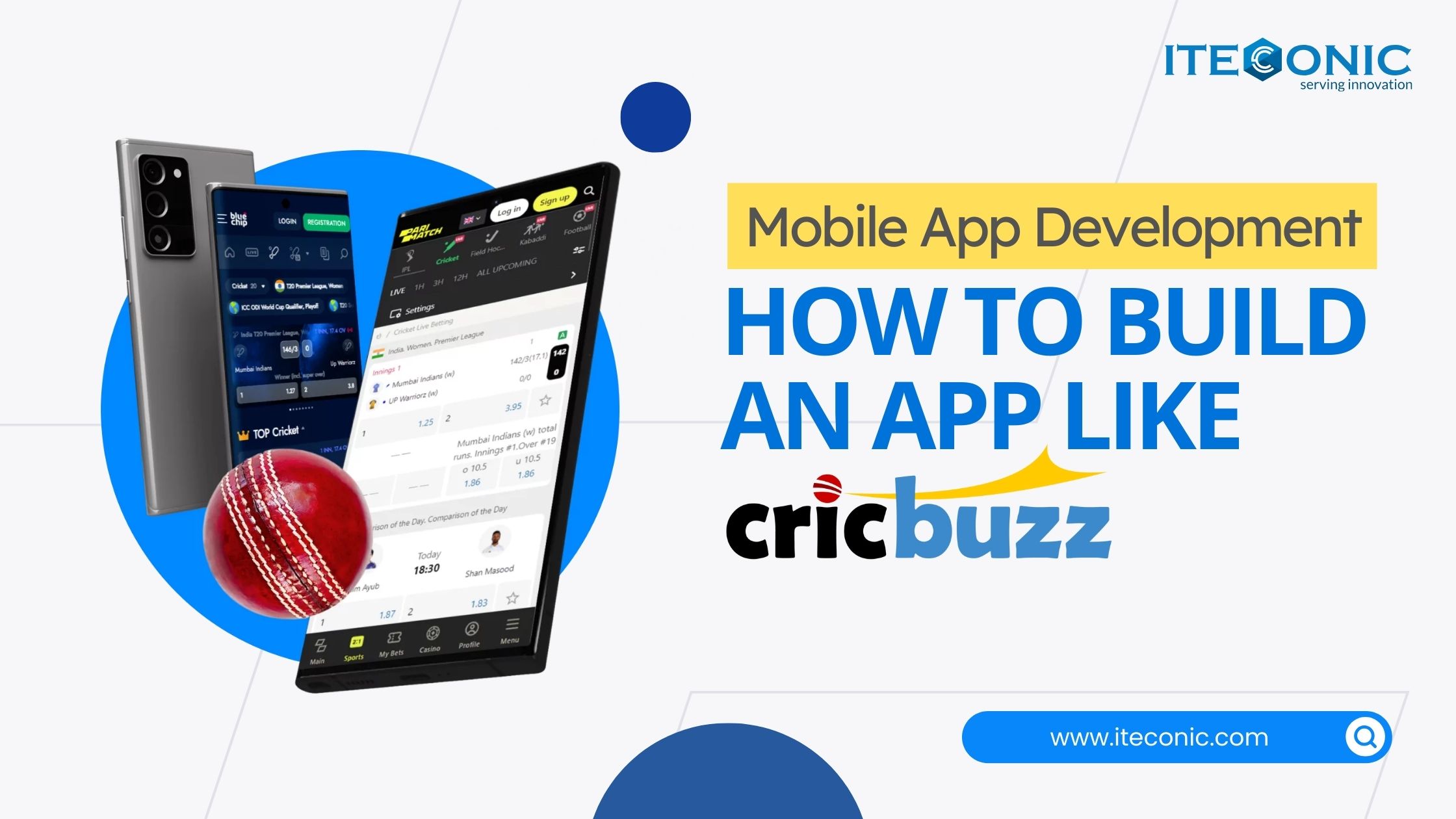
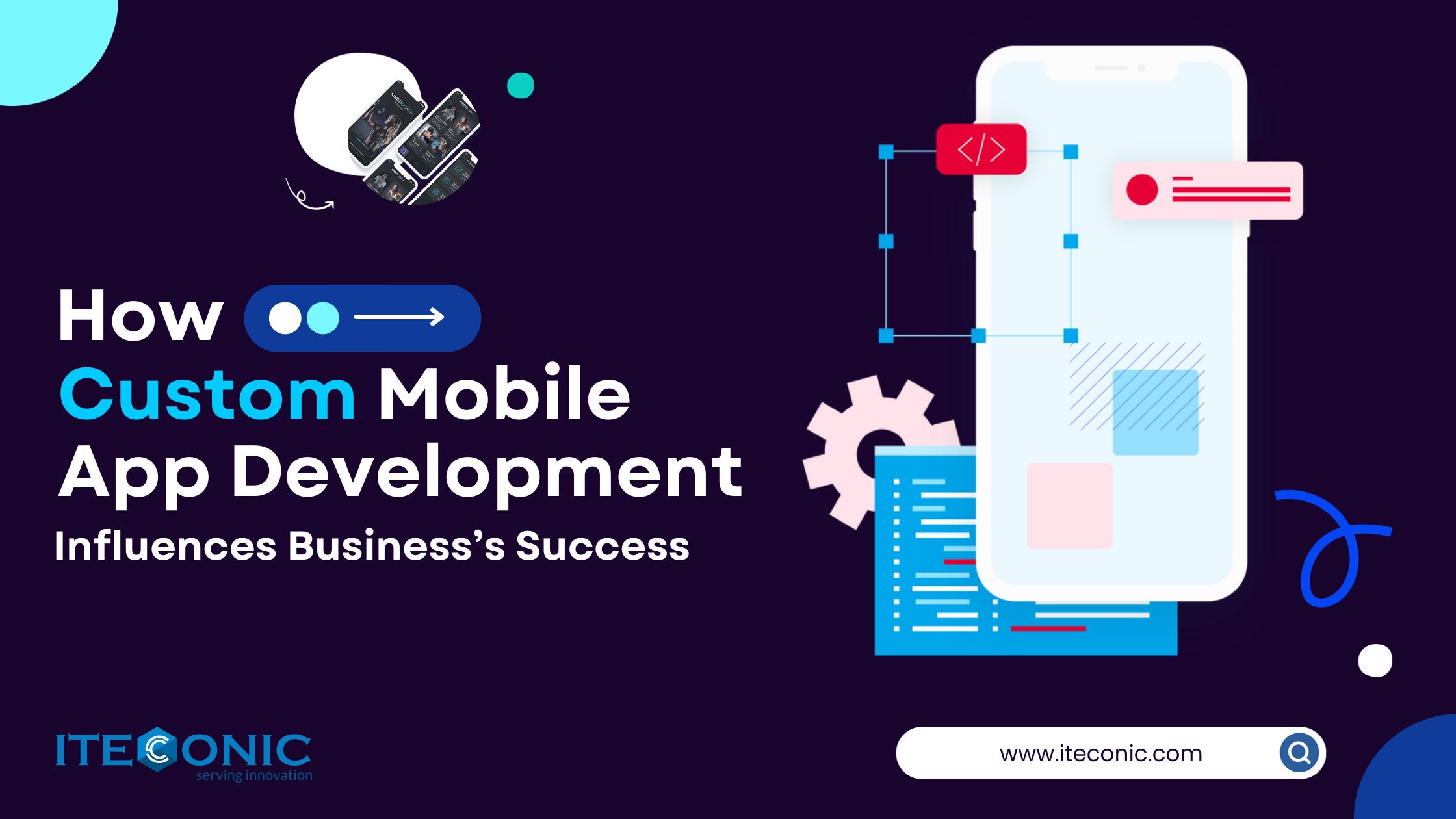
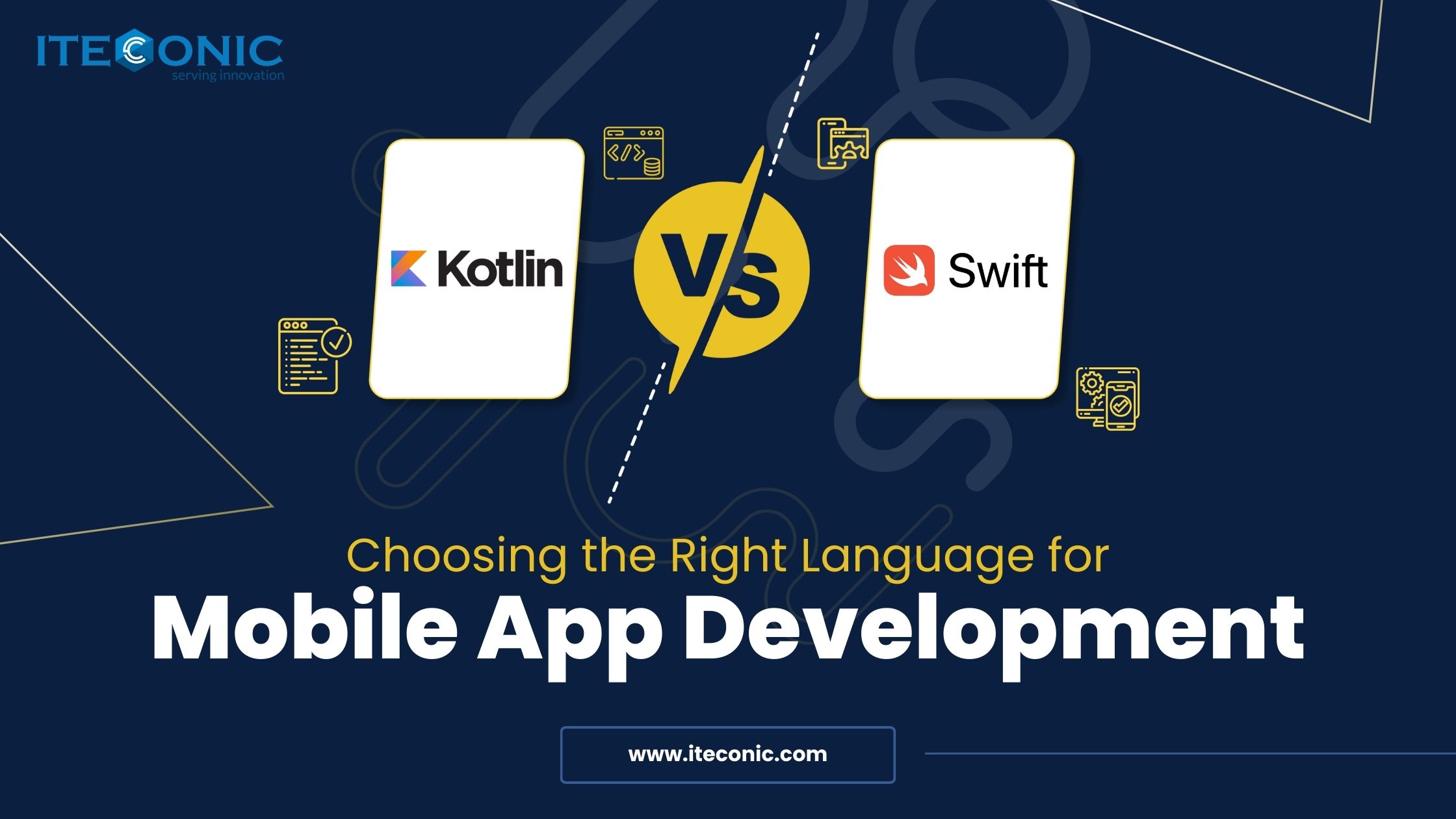
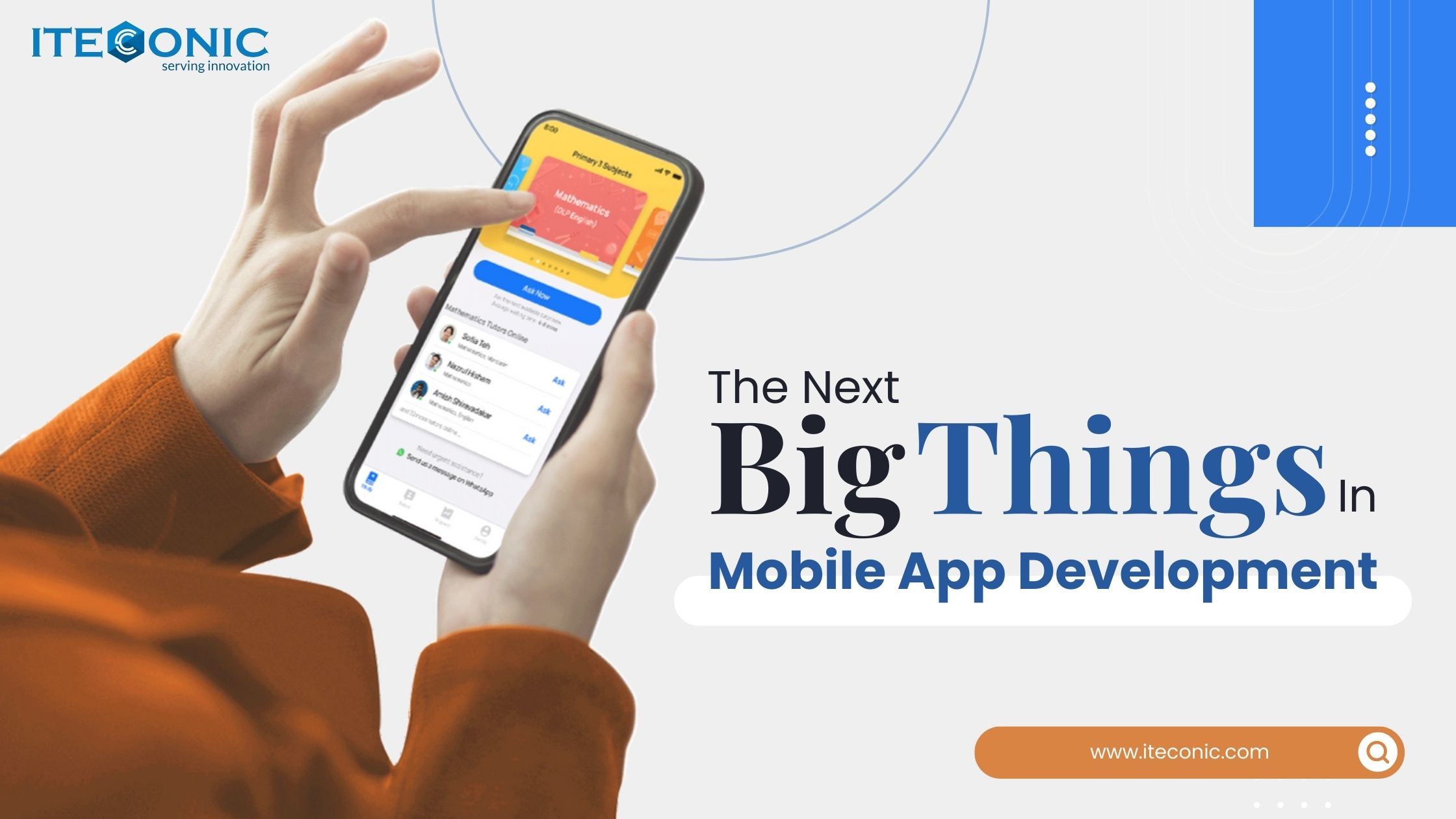
.jpg)
.jpg)
.jpg)
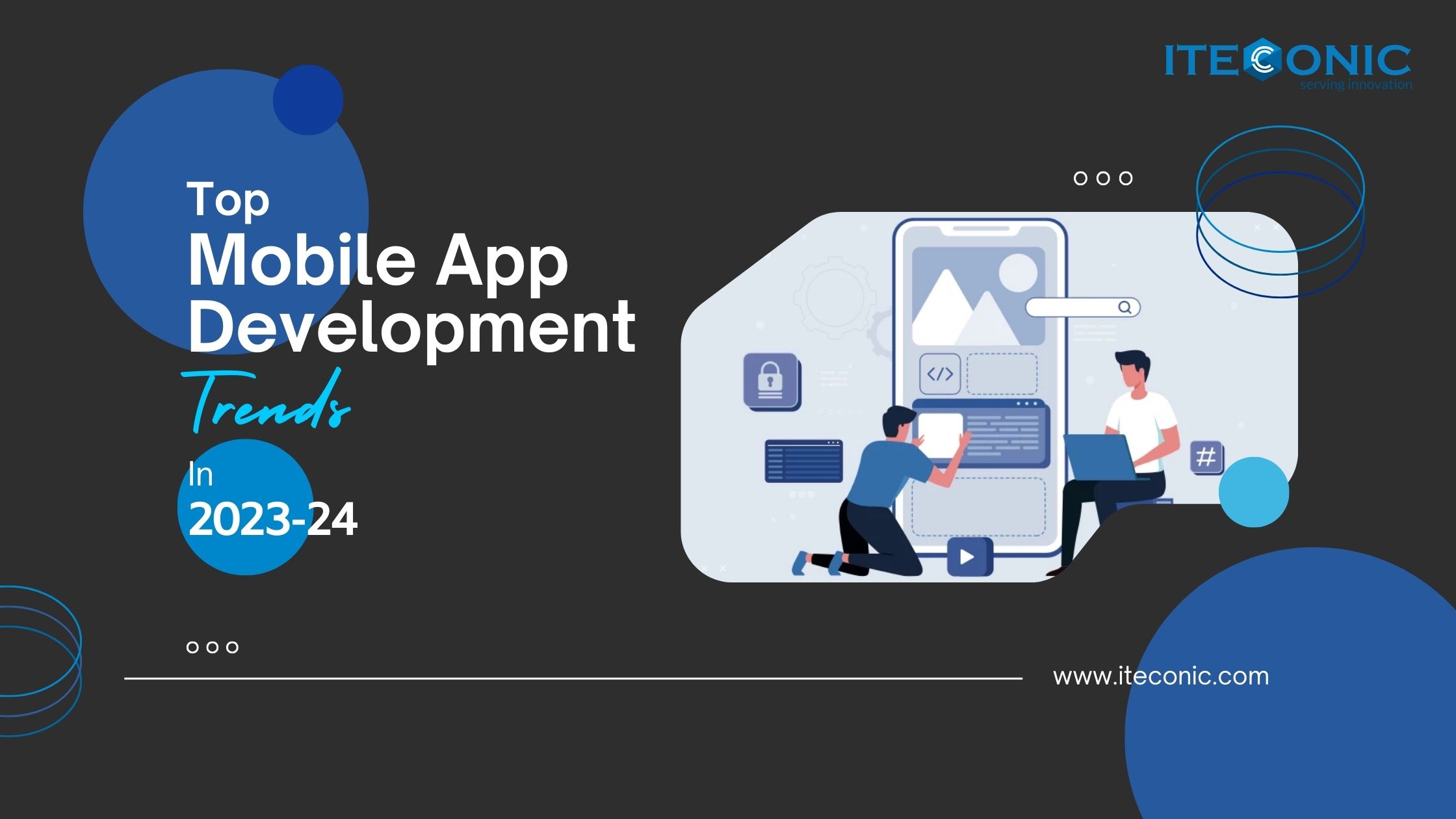
.jpg)
 (1).jpg)
.jpg)
.jpg)
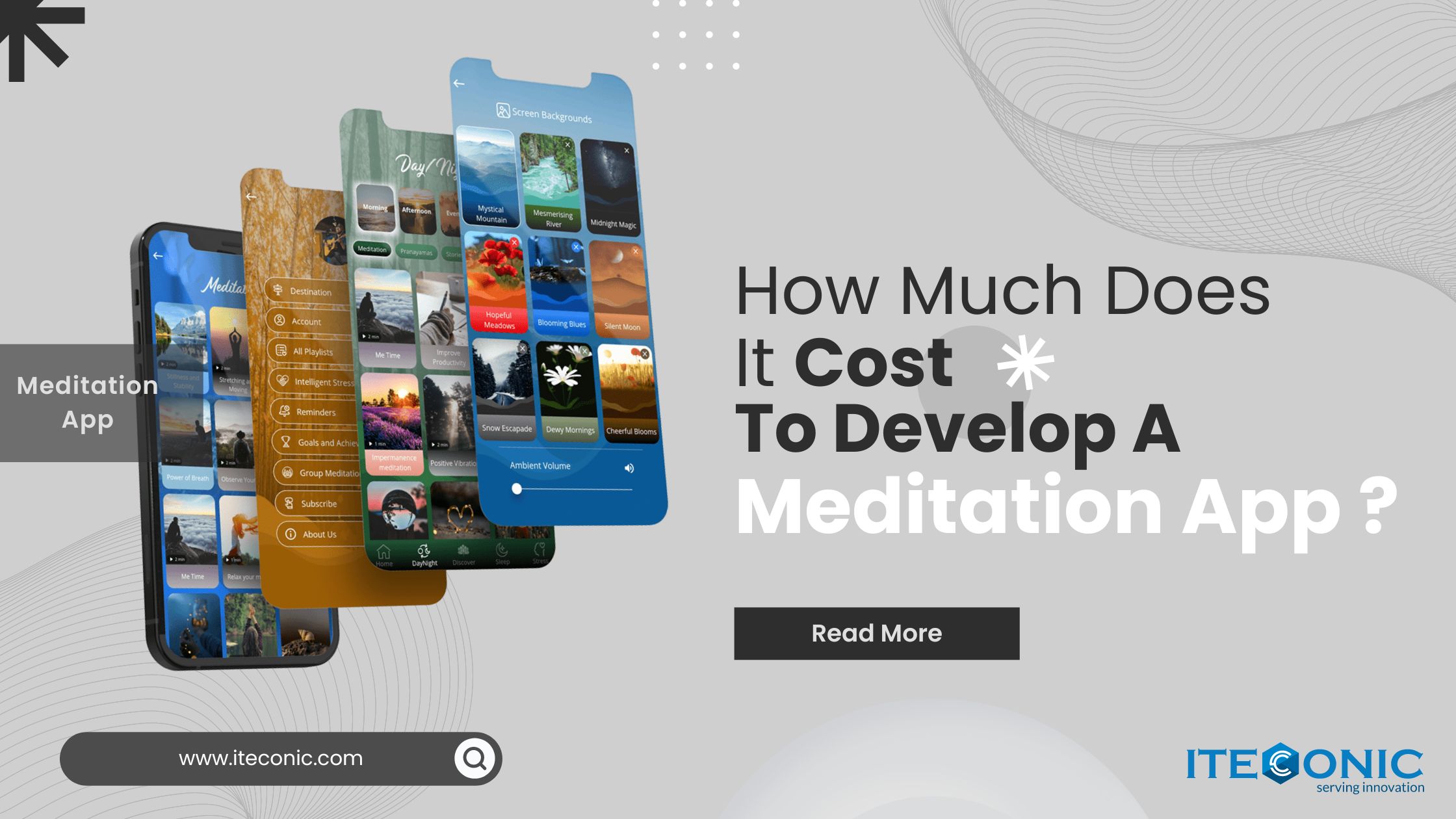
 (1).jpg)
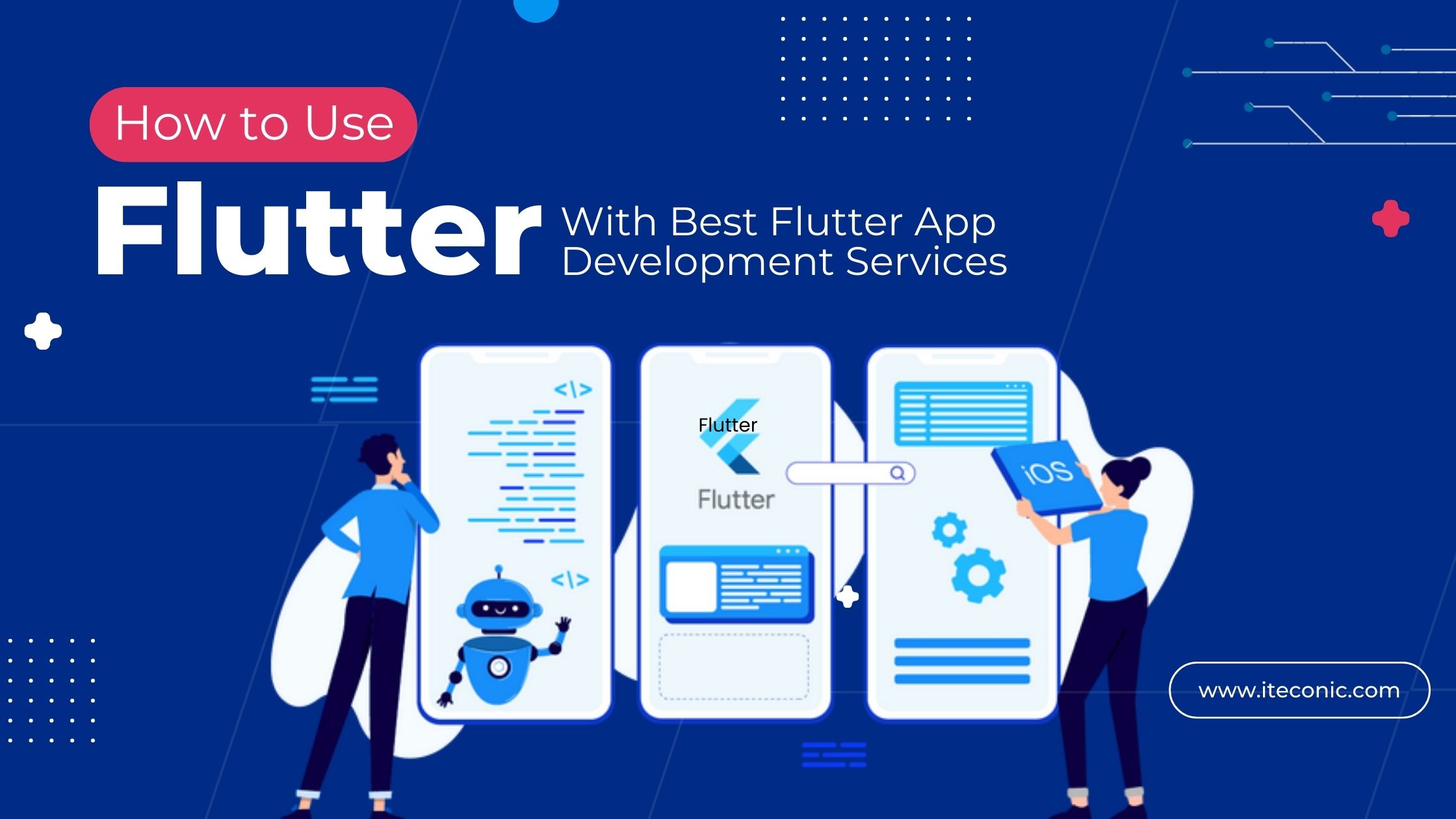
.jpg)
 (2).jpg)
.jpg)
.jpg)
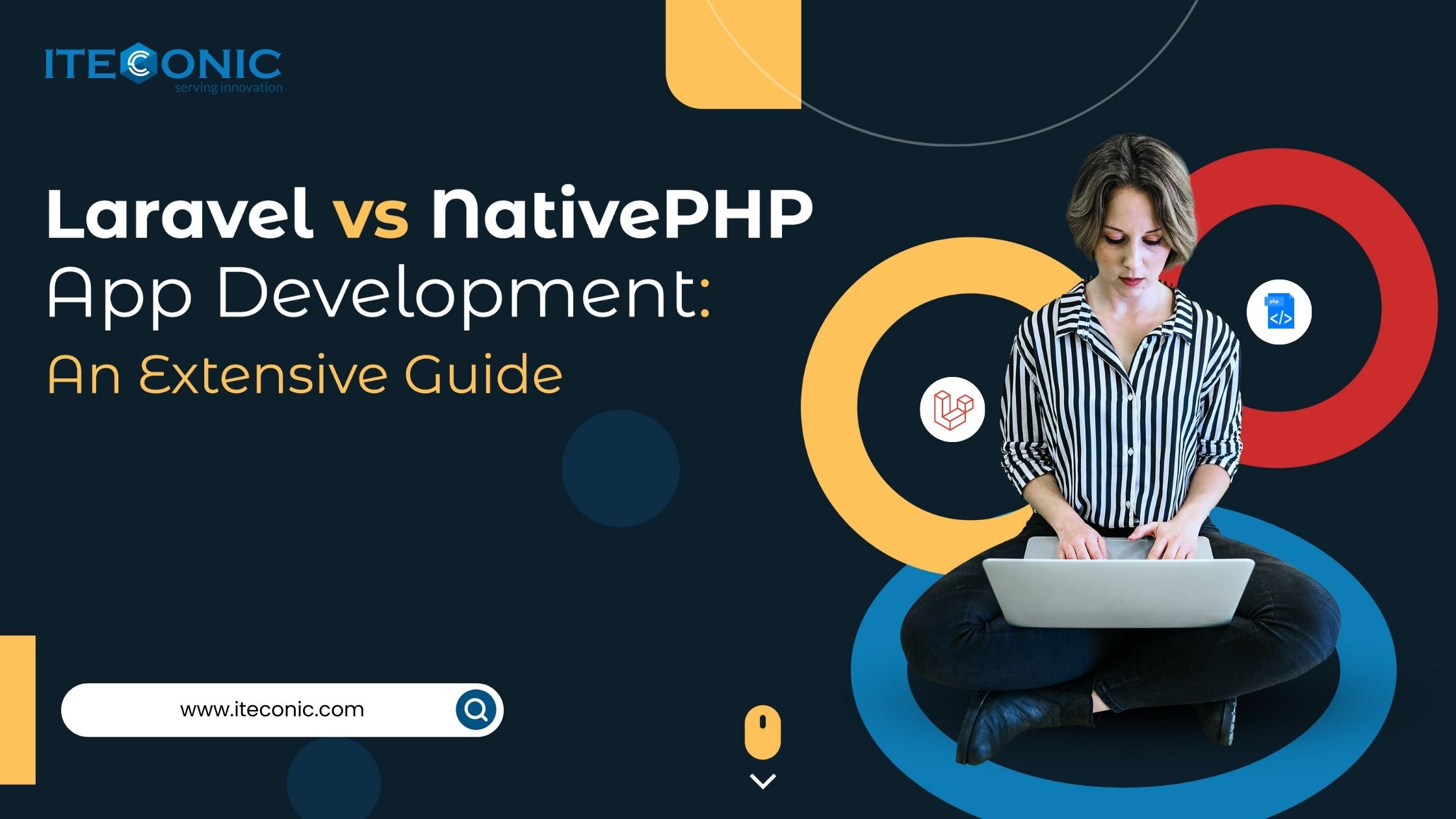
.jpg)
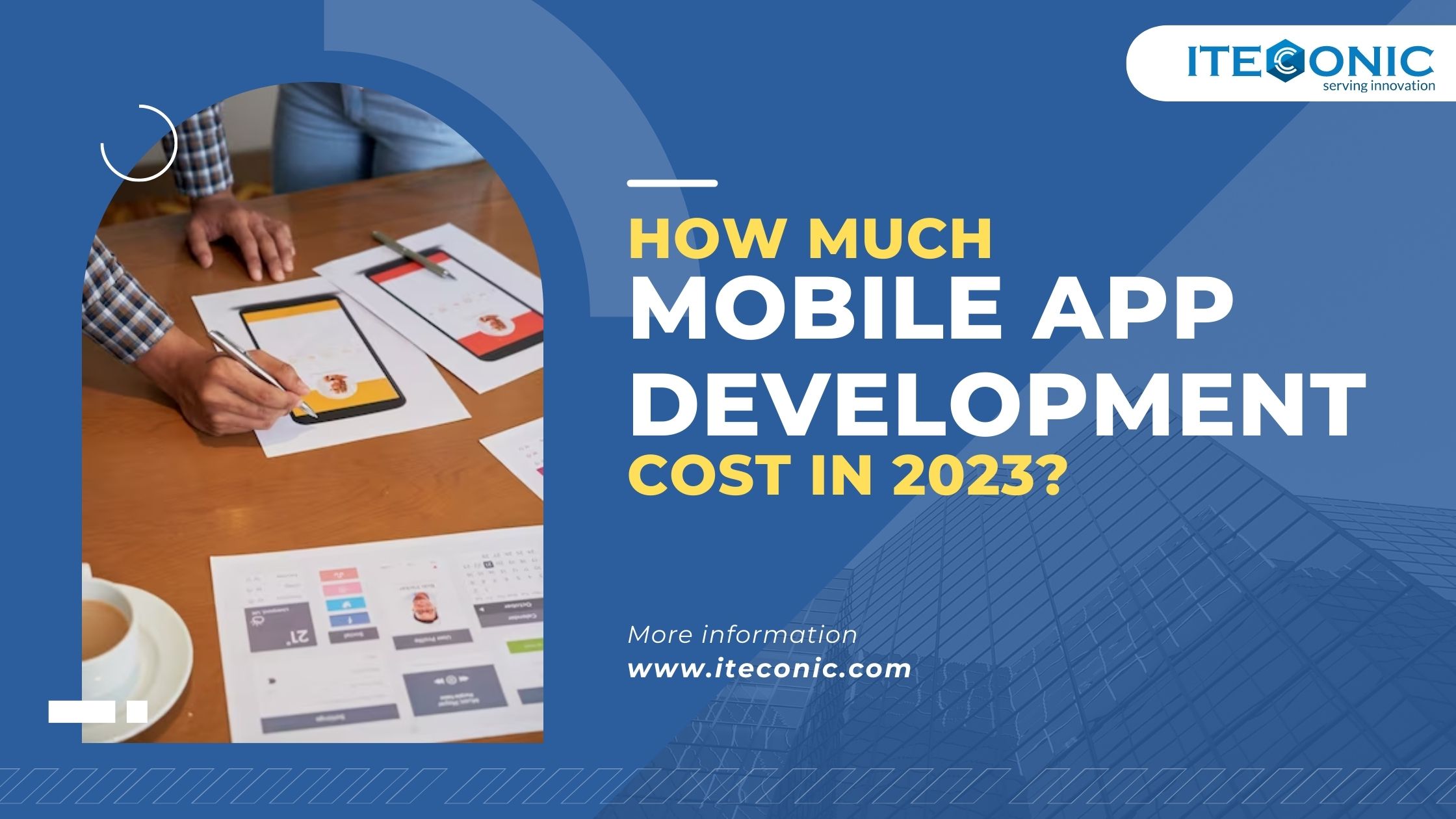

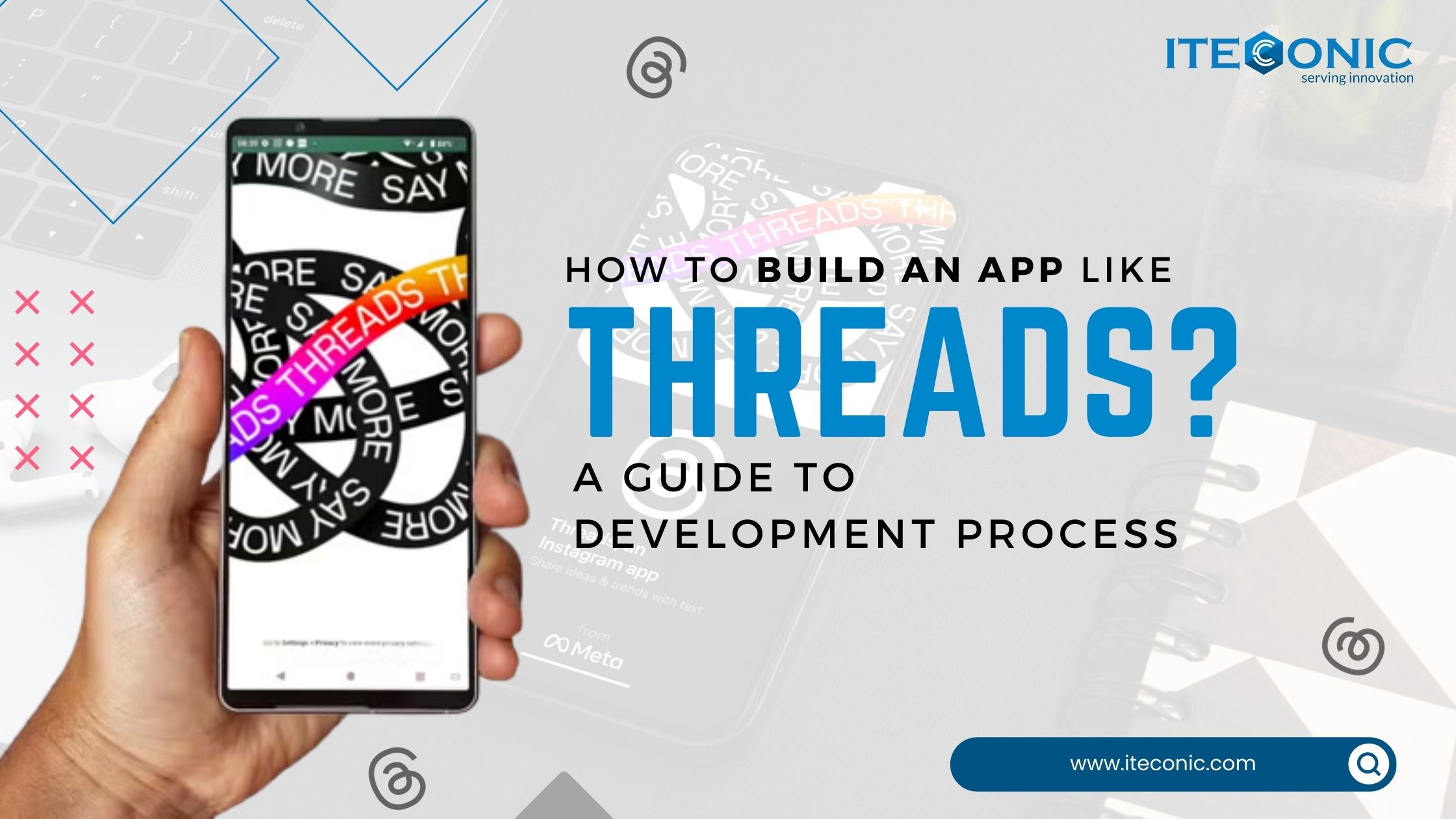
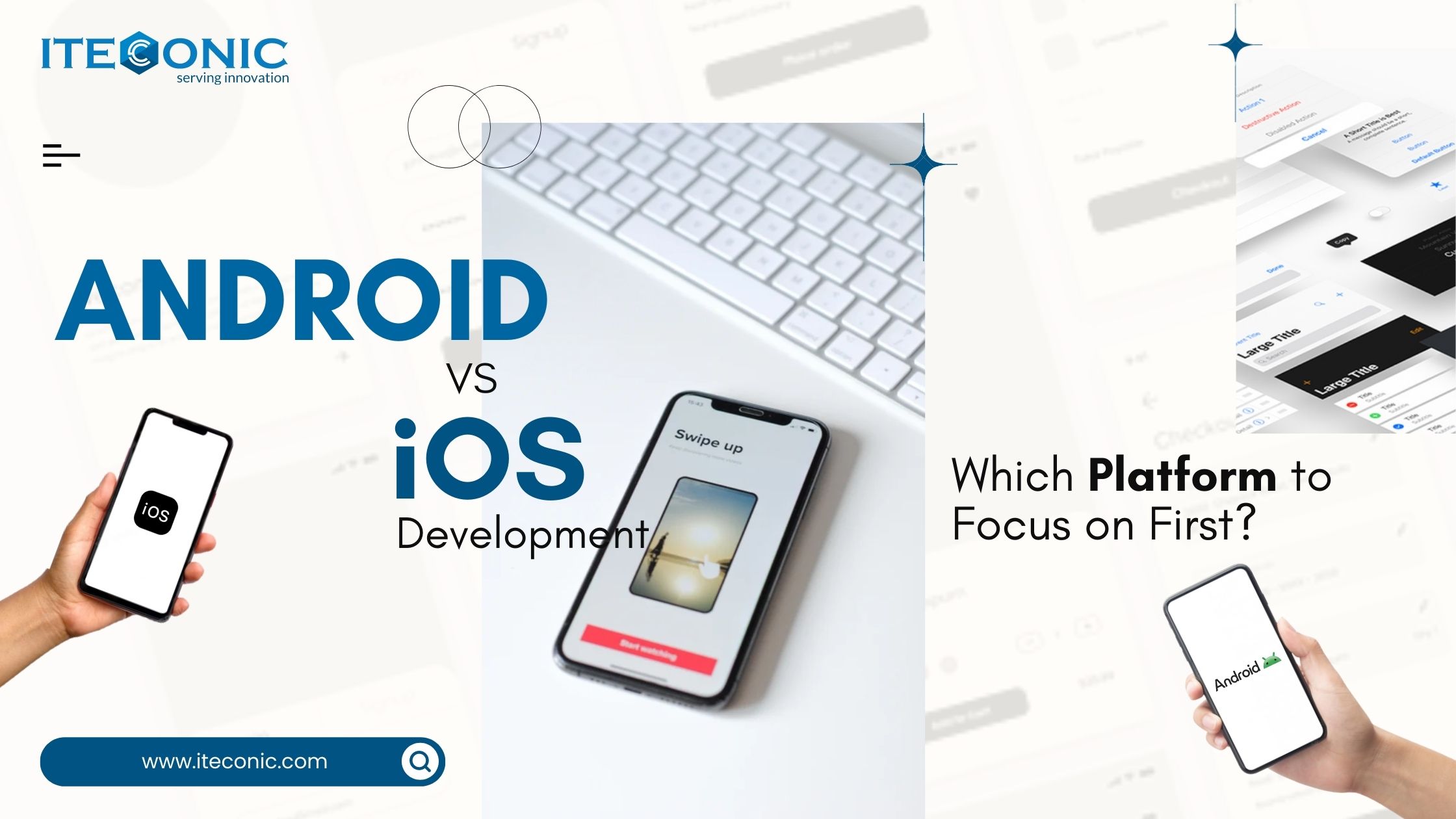

.jpg)
.jpg)
.jpg)
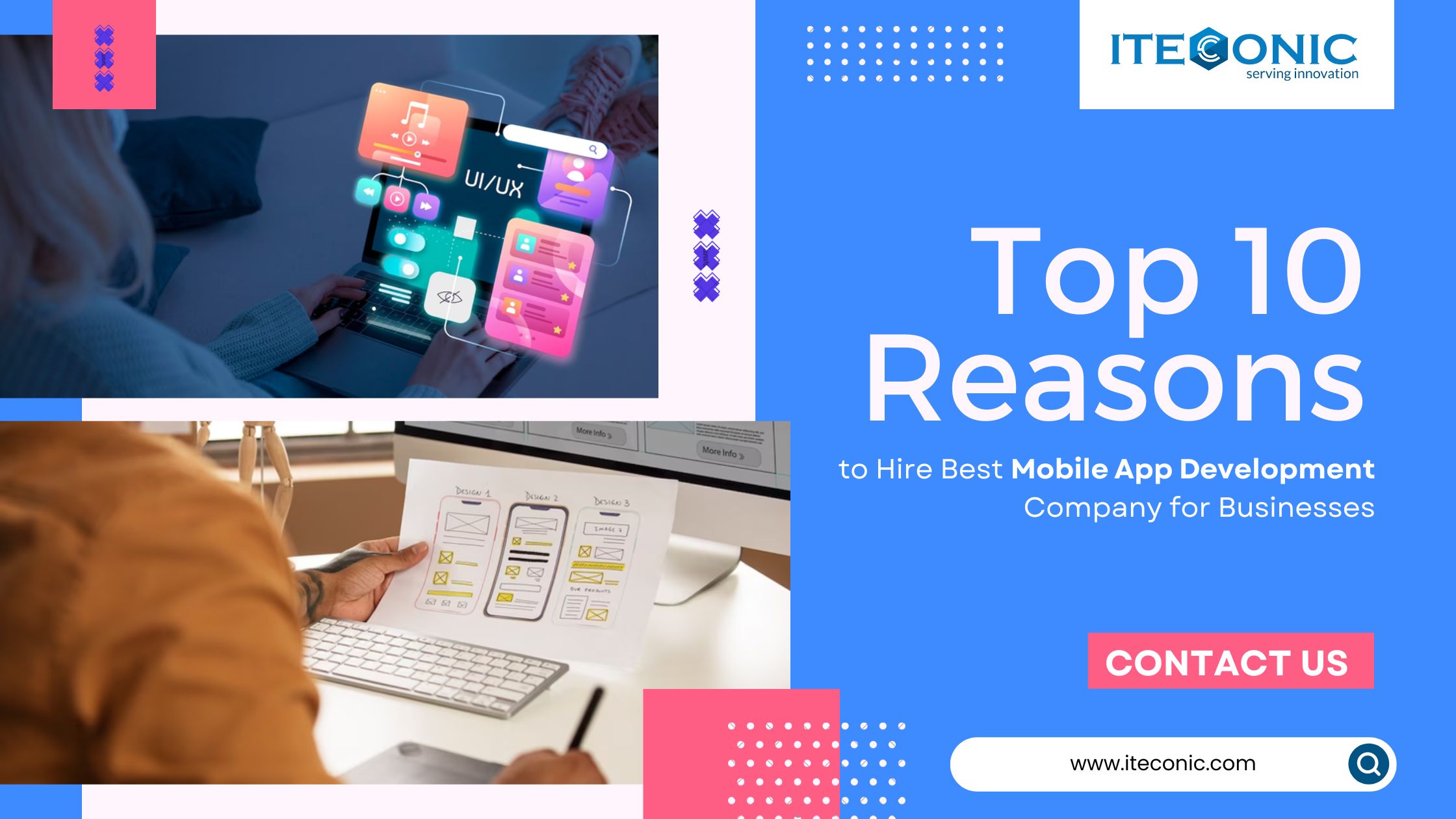
.jpg)
.jpg)
.jpg)
